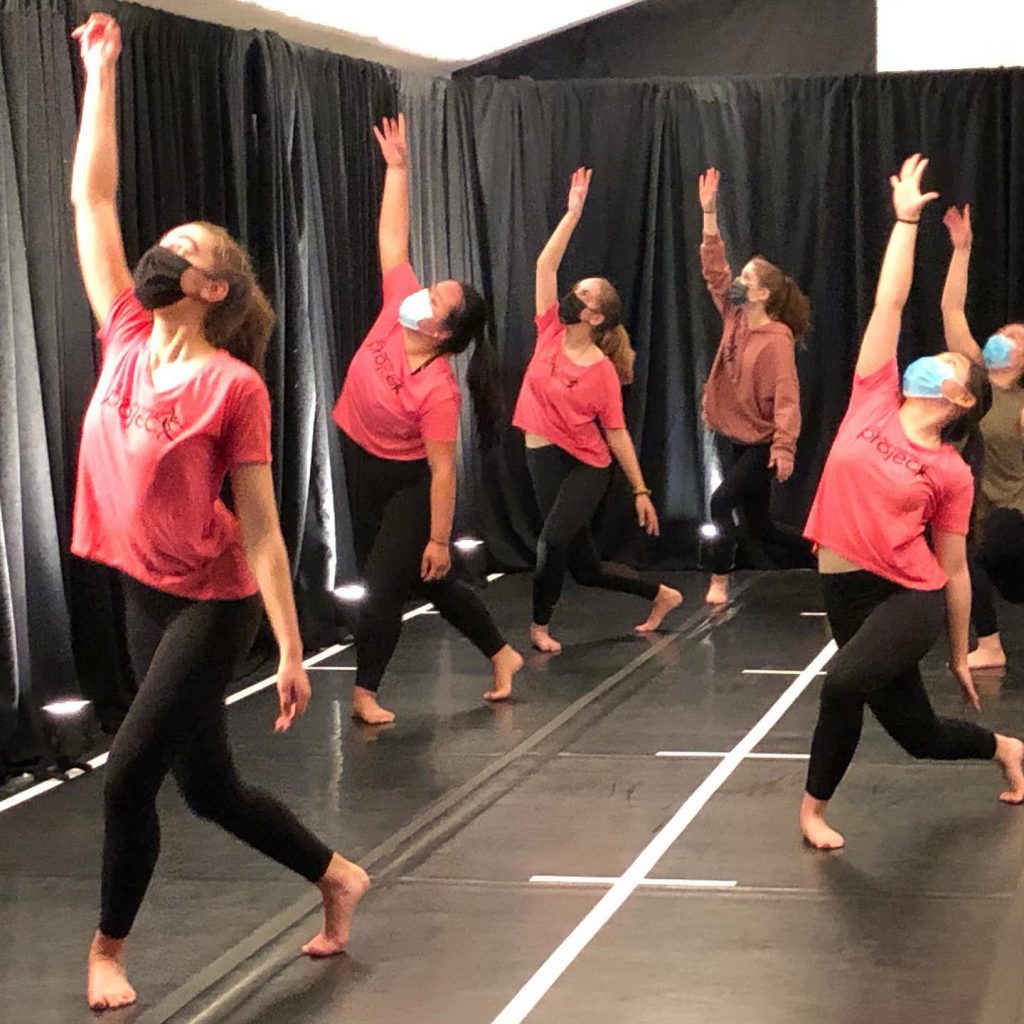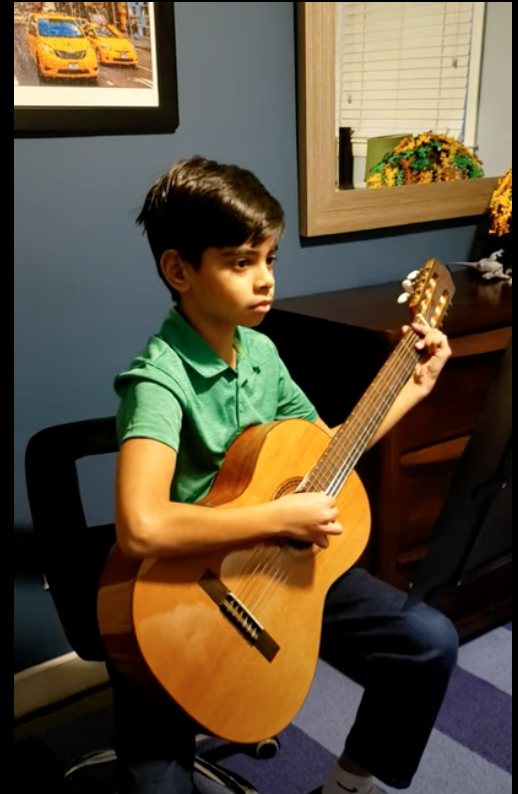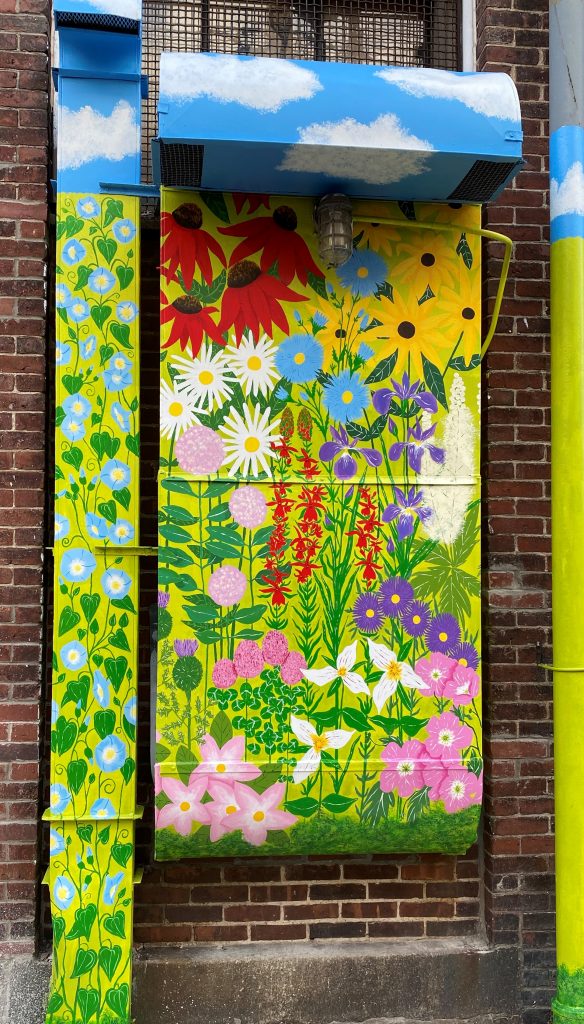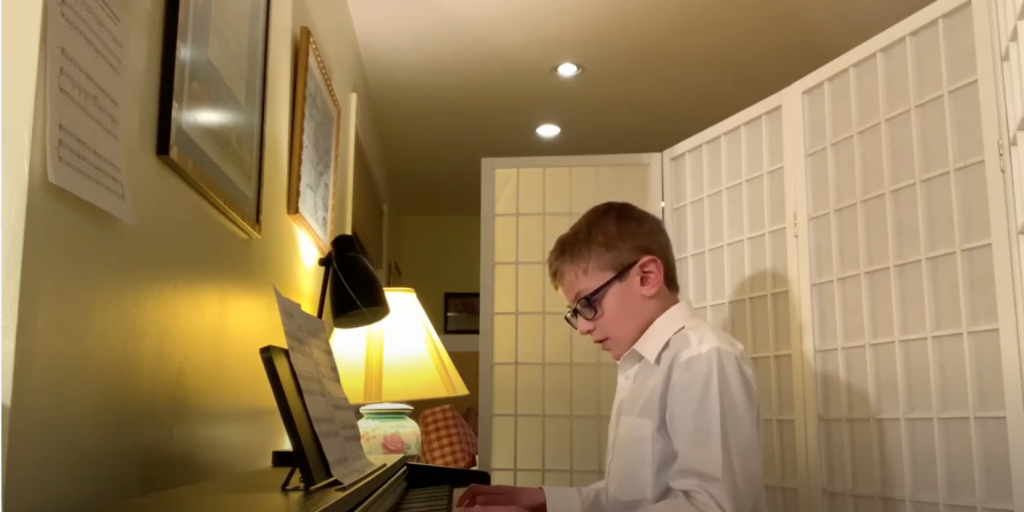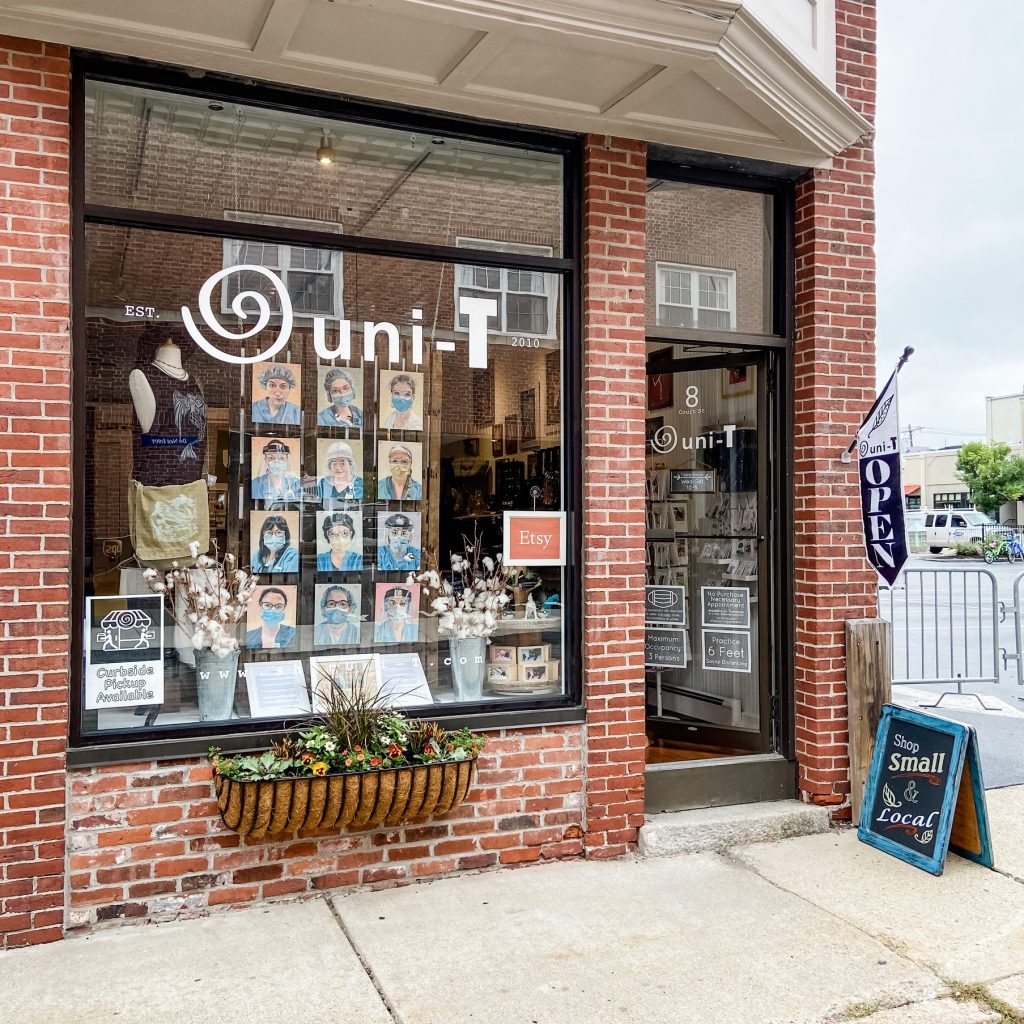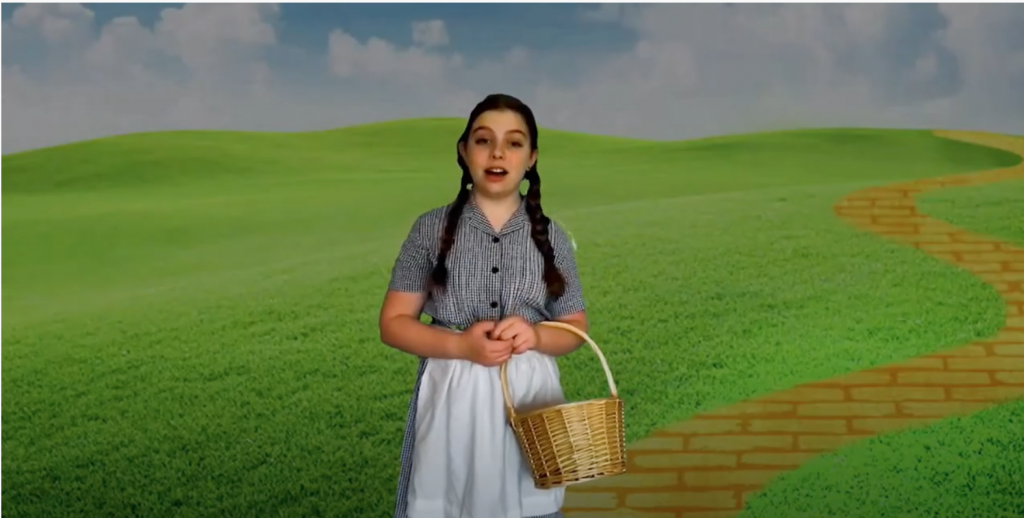Editor’s Note: Report was updated to fix spelling of a name
***
By Luke Canavan
***

FRAMINGHAM – Since the start of the pandemic in March 2020, most, if not all performing arts centers have been forced to close their doors. These art centers have had to make severe cutbacks and sacrifices just to ensure they remain in business. But where are they now, over one year after the start of the pandemic?
Back at the beginning of the COVID-19 pandemic in spring 2020, almost all businesses were forced to put their operations on halt, and performing arts centers were no exception.
“We decided, as painful as it was, we should shut down entirely. On that day, we announced that we were closing our programs, and we’ve been pretty much closed ever since for live music. It has been a challenging year,” said The Center for Arts in Natick Executive Director David Lavalley. “In 2019, between March and December, we probably had over $800,000 in ticket revenue. In 2020, it was less than 5% of that.”
The act of shutting down was unfortunately a trend for most performing arts centers in the area. However, some managed to find success quickly by shifting to an online platform.
[broadstreet zone=”54526″]
“The first priority of the organization was to determine whether or not it was possible to continue that primary service to students and families,” said Performing Arts Center of MetroWest Executive Director Michele Adams. “Indeed, PAC has been able to pivot. It went from a complete shutdown, thinking it was just going to be a couple of weeks, and then very soon realizing that a couple of weeks was growing much longer, and needed to be something that wasn’t just an extended stop, but something to be dealt with, and [so we] shifted to online and virtual instruction.”
Many of the performing arts centers were able to find decent success in shifting to virtual platforms.
“We managed to keep all of our teachers employed, and we managed to maintain our enrollment numbers to a point where the business is surviving,” said Max Larson of Centre Music House.
“We pretty much ran the entire schedule using Zoom, so live teaching… all of the teachers kept teaching. I did it from my studio, and they all did it from home, and we just moved the times of the classes to during the day because now the kids were home during the day. They didn’t have any school going on at first, and it seemed like a good use of their time,” said Metrowest Dance Academy Director Gemme Williams. “It actually worked out really well. We did the entire semester through Zoom, with virtually 100% participation from the students.”
[broadstreet zone=”58847″]
“We have maintained lessons in a virtual format… We’re continuing online, and we’ve even managed to add a couple classes. There’s an advanced beginner’s tap class, and we’ve even added group guitar,” said Adams of the Performing Arts Center of MetroWest.
While some arts centers have managed to find success in online learning, some of the students had a harder time getting a hang of things, especially those who were relatively young.
“On the teaching side, a lot of the younger kids had a tougher time adapting. Ages 5-7, it was really a fifty-fifty chance of whether or not it was going to be a good fit,” said Larson of Centre Music House. “I think at that age, just being able to focus, not having someone there with you can be tough at that age.”
Although some of the centers that teach performing arts have managed to keep enough clients to survive throughout the pandemic, other centers that focus more on hosting performances have really struggled.
[broadstreet zone=”59983″]
“We’re at the edge of a cliff right now. It’s the beginning of April. We can only expect our donors to sustain us so long, and now we’re going on thirteen months. The next few months are going to be pretty crucial,” said Lavalley of The Center for Arts in Natick.
“By the skin of our teeth,” answered Executive Director of ātac Jannelle Codianni when asked to discuss how they have managed to survive throughout the pandemic. “The broadest answer of how we have managed to get through this period of time are two main things: the support of our community, and our agility.”
Despite how hard the past year has been on local businesses, especially the performing arts, the community has managed to stick by their side and support them as much as they possibly can.
“Last year, people in this community just completely came out of the woodwork to support us. We had people who have never made a donation before, make donations that were five figure donations. It just is so emotional,” said Lavalley of The Center for Arts in Natick.
[broadstreet zone=”70107″]
Because of the people of the Framingham and MetroWest communities, these performing arts centers have managed to survive and keep going throughout all of this, and now that spring has finally sprung, and the vaccine rollout is beginning to take off, many of these businesses have managed to start opening their doors again.
“We are currently open at 40% capacity with the option of students taking class remotely. Remote learning required the purchase of 3 tv’s , 3 computers, 3 webcams, cables and separate Zoom accounts. Our waiting rooms are closed and each dance studio within the building has its own entrance and exit to minimize exposure to other students and teachers,” wrote Annmarie’s Dance Centre Owner and Director Chrissy Reynolds. “We’ve purchased 3 air purifiers that house hospital grade filters that remain on during class times and we often open doors between classes for air exchange. Six foot squares have been taped on the floor so our students stay distanced. We have eliminated across the floor movement in all of our classes and our students do not switch locations during class time. Thankfully we have had zero known spread of the virus at the studio.”
Although the past year has been one of hardship for many, it is important to take a step back and identify any positives that have come out of this experience, how we have grown as people, and how we have grown as a society.
[broadstreet zone=”58610″]
“As we think about what happened in this period of time, this utter hellscape we’ve all gone through… what happened that’s worth keeping? Because there must be something,” said Codianni of ātac. “This has been an incredible period of increased access for all kinds of people who have mobility issues or are homebound for any reason, all of the sudden they have access to everything. We will be continuing to offer a hybrid model for all of our show… for folks who still want to experience that virtually.”
“The silver lining through these difficult months is the resiliency of the dancers. Their creativity, dedication and commitment has not waned. If anything – their appreciation for the role dance plays in their lives grew. I can speak for all the teachers when I say that our appreciation for the students and the role they play in our lives grew as well,” wrote Reynolds of Annmarie’s Dance Centre. “The connection we have with the dancers (and our shared love of the discipline) provides normalcy and joy during a very uncertain time. They are a constant reminder of what is important.”
***
Luke Canavan is a 2021 spring SOURCE intern. He will graduate from UMass Amherst this semester. You can read all of his reports this semester at this link.

***
